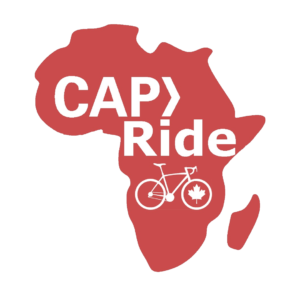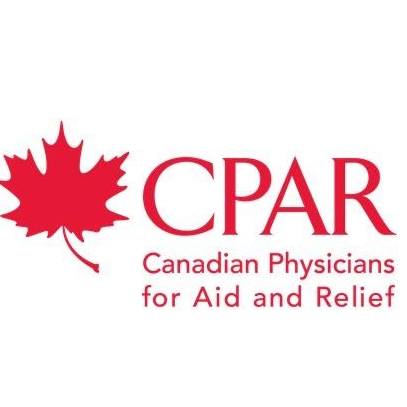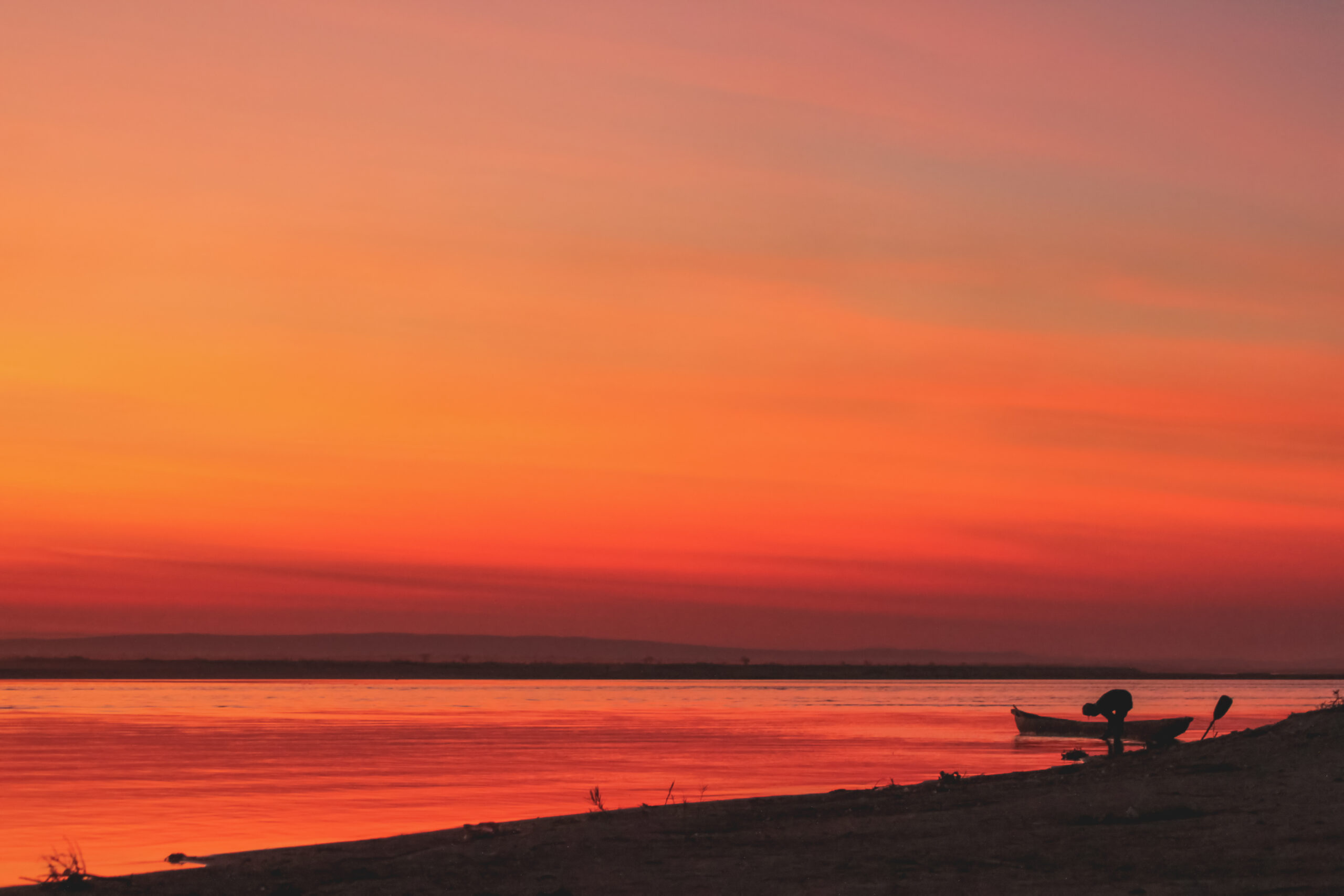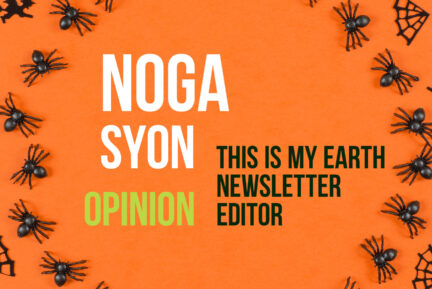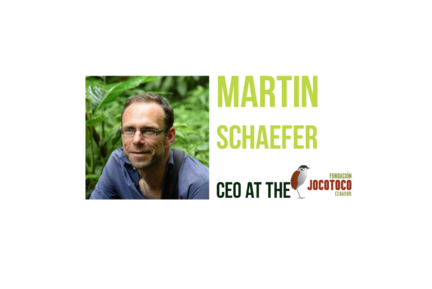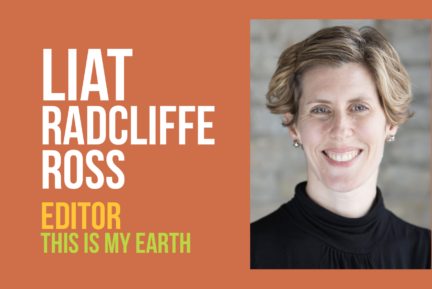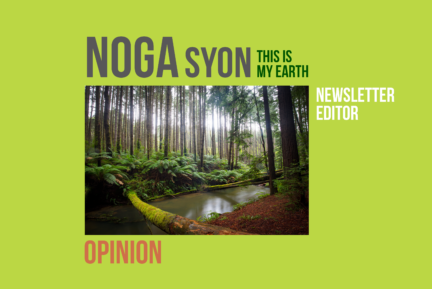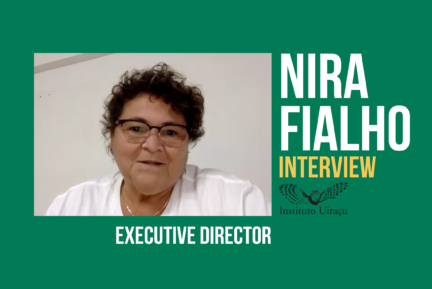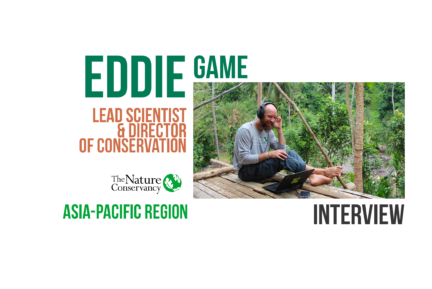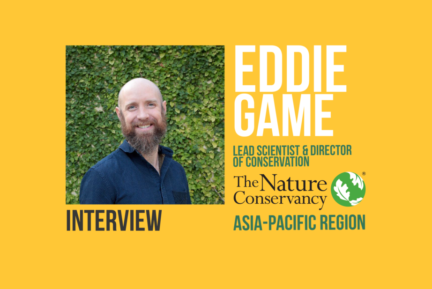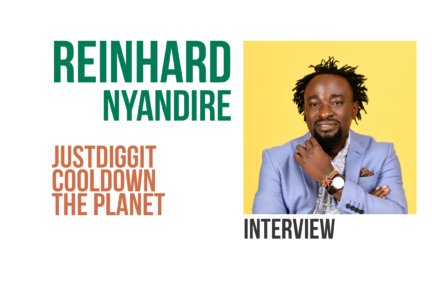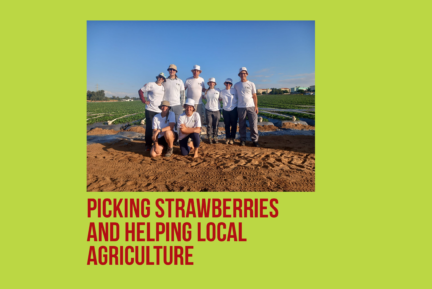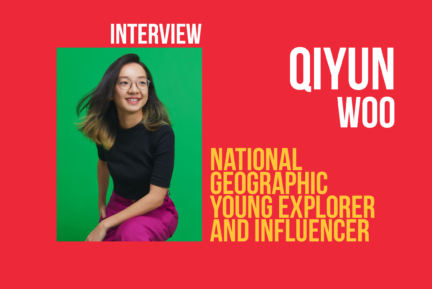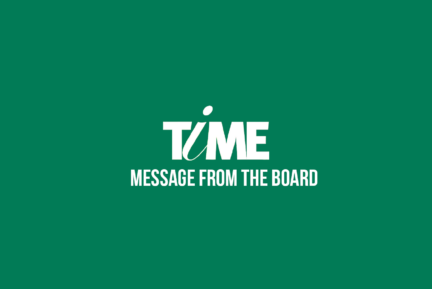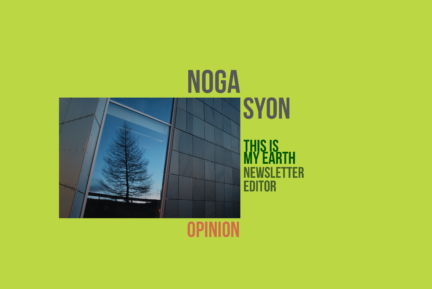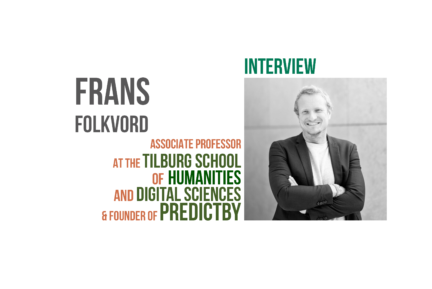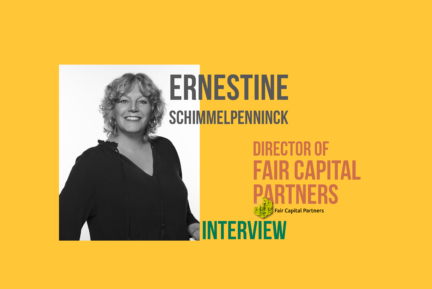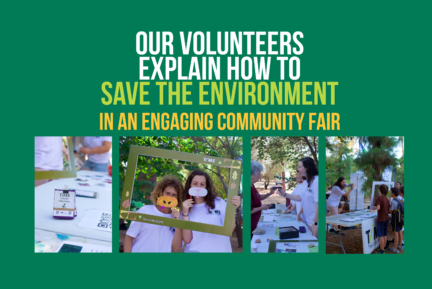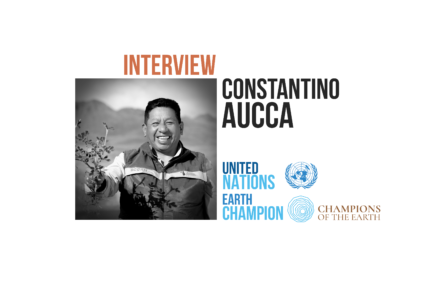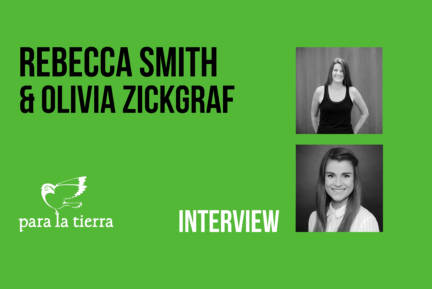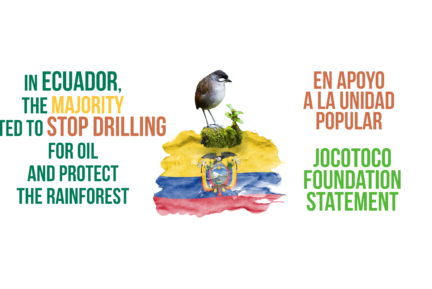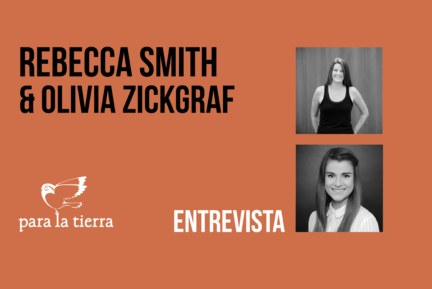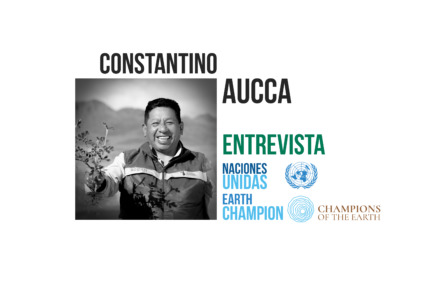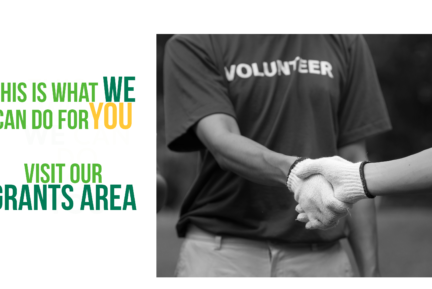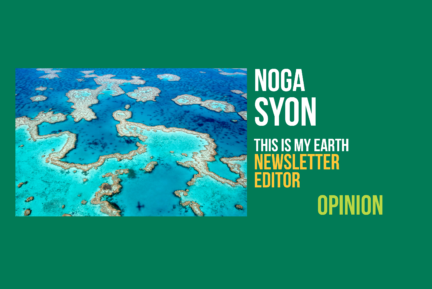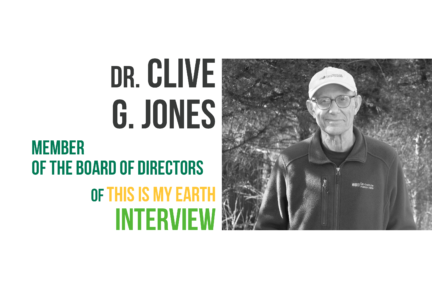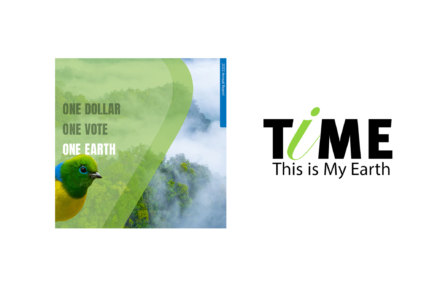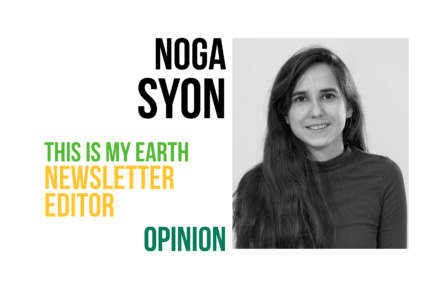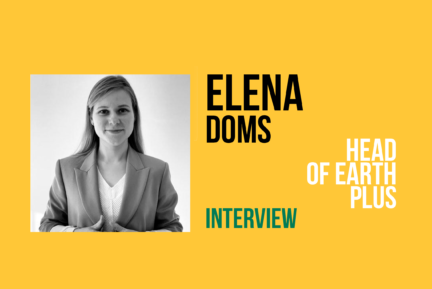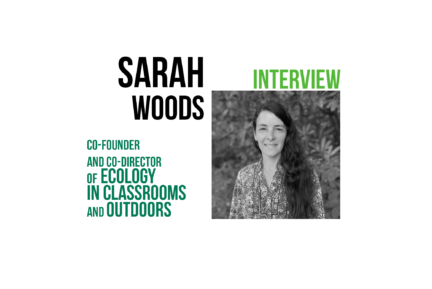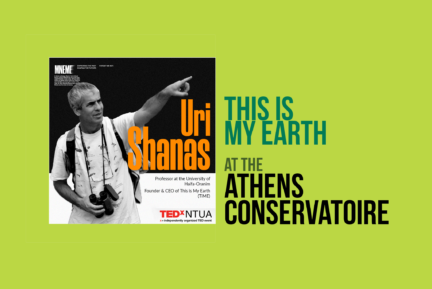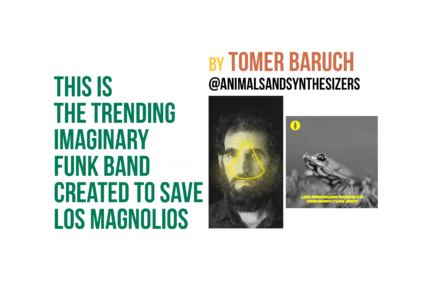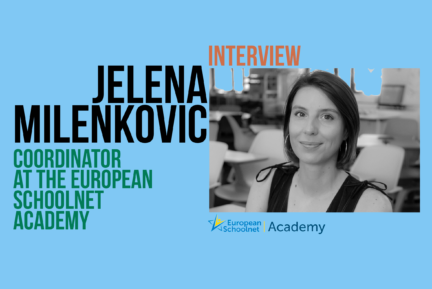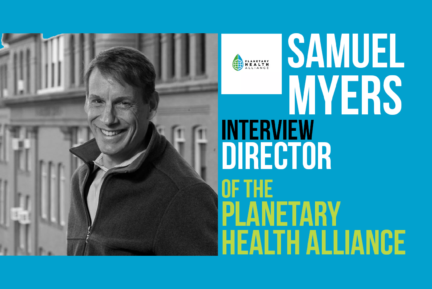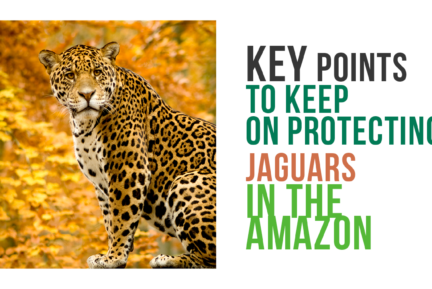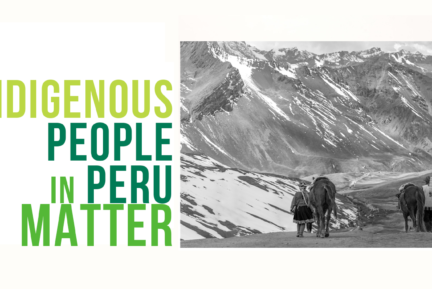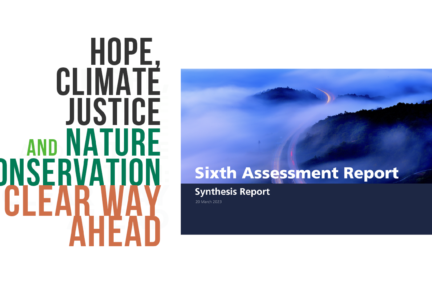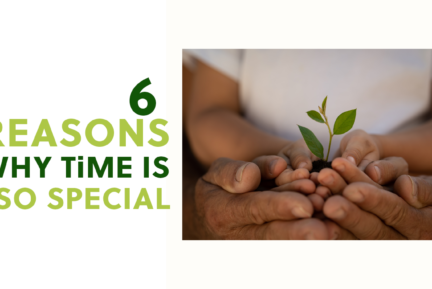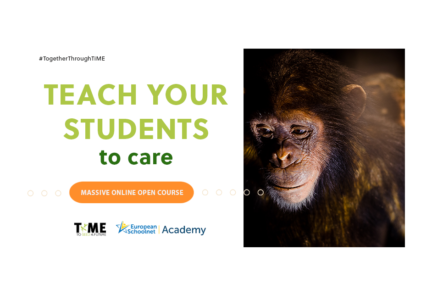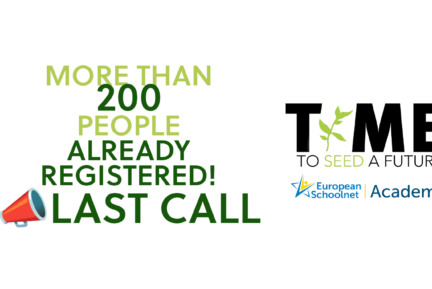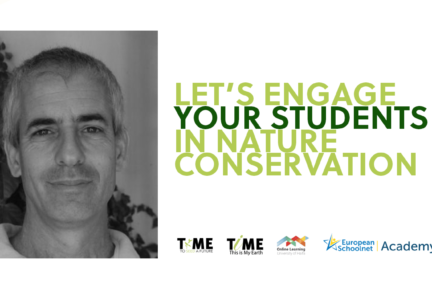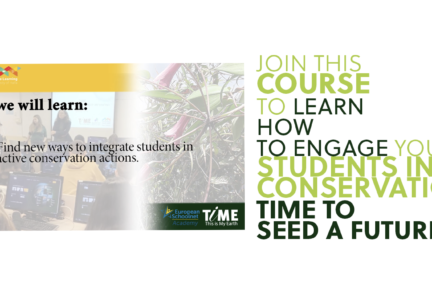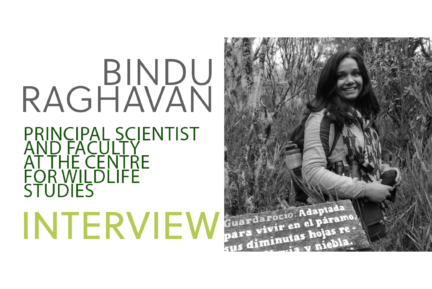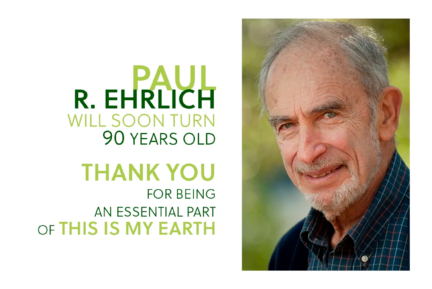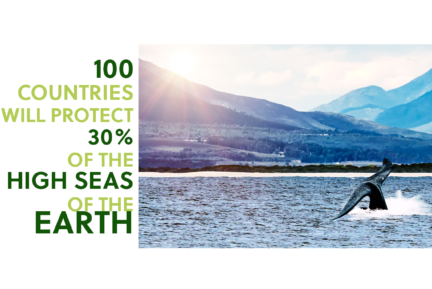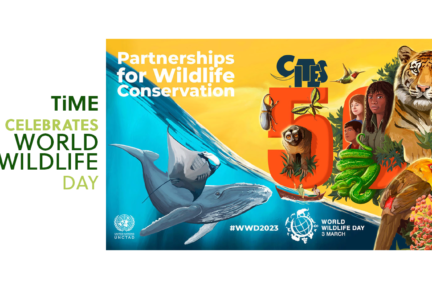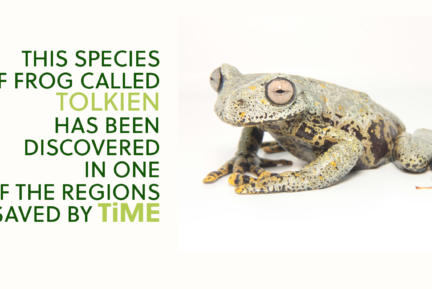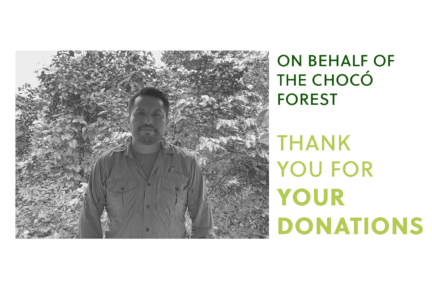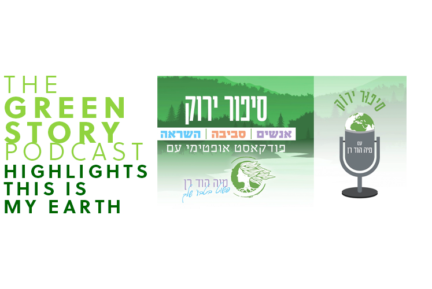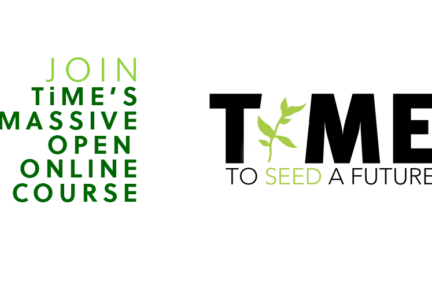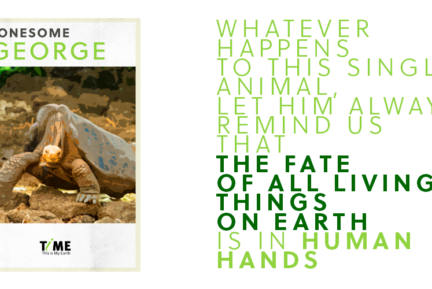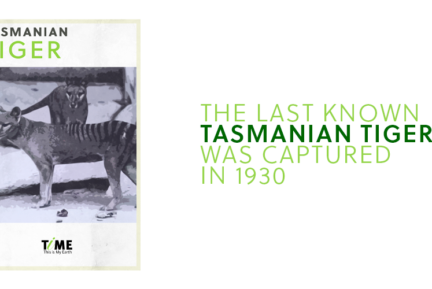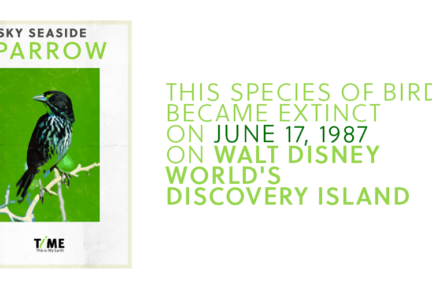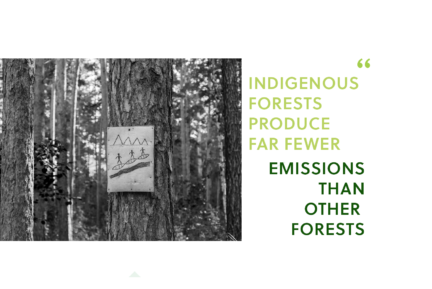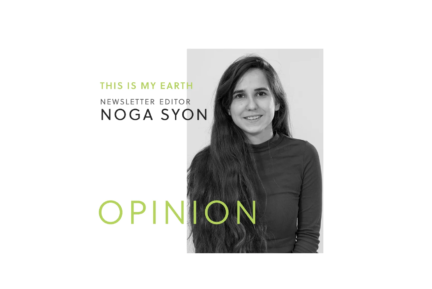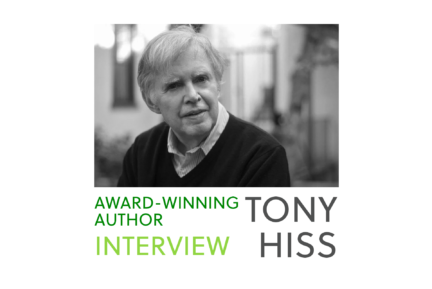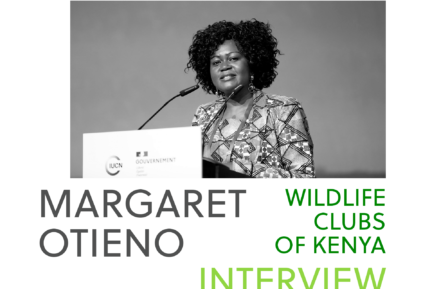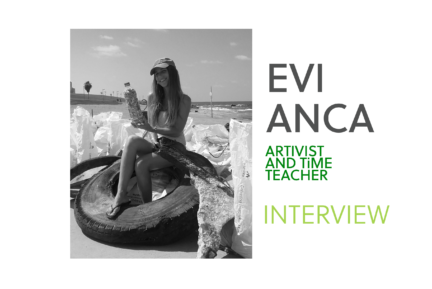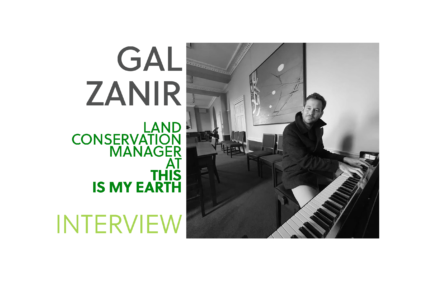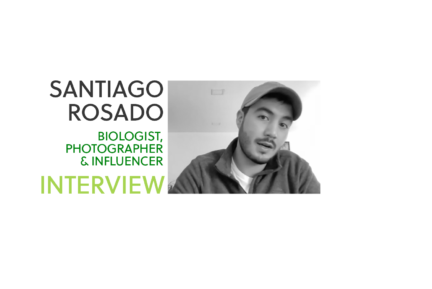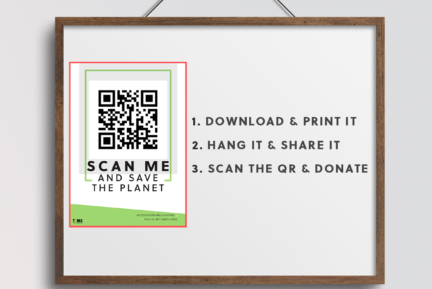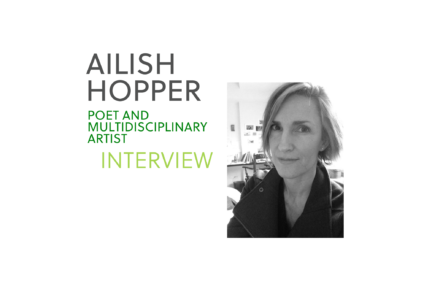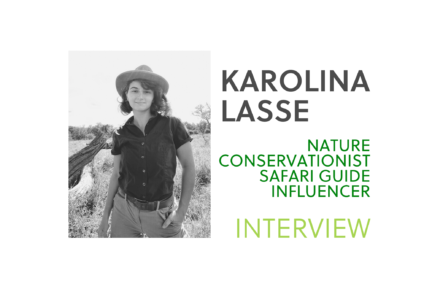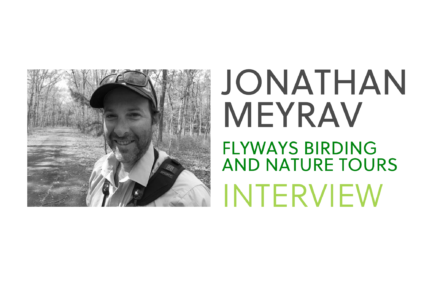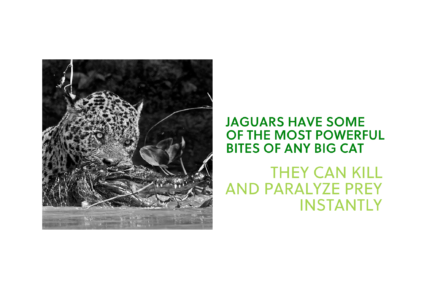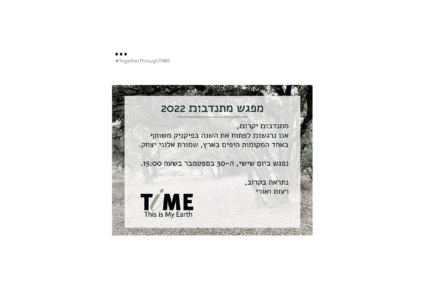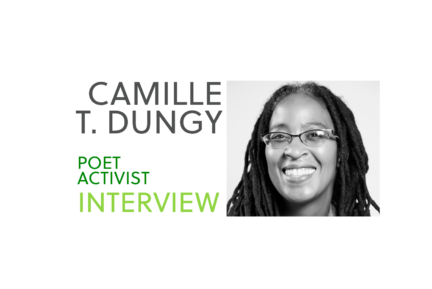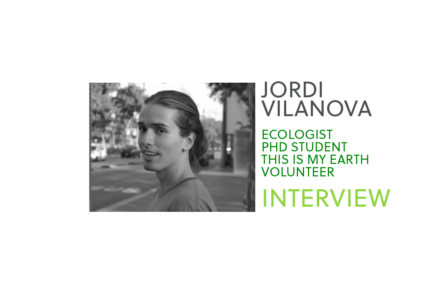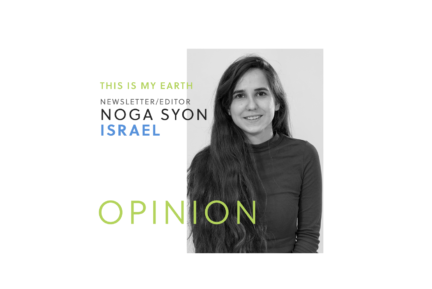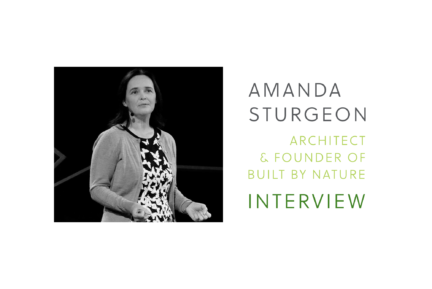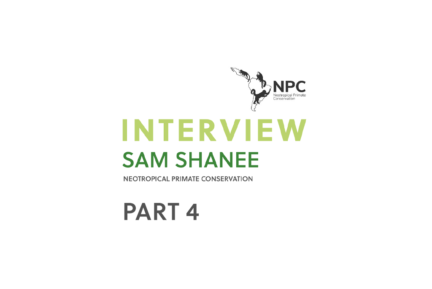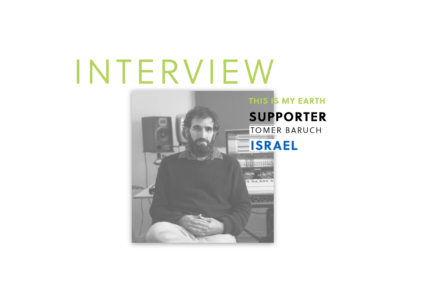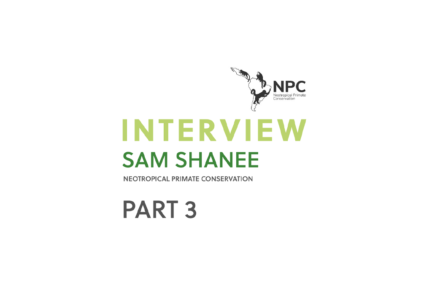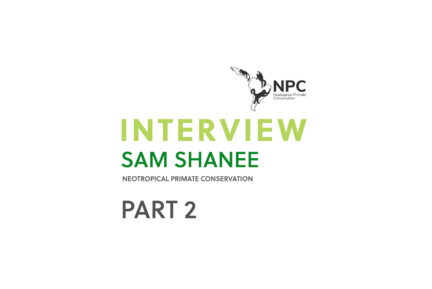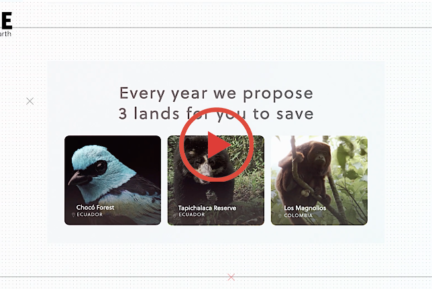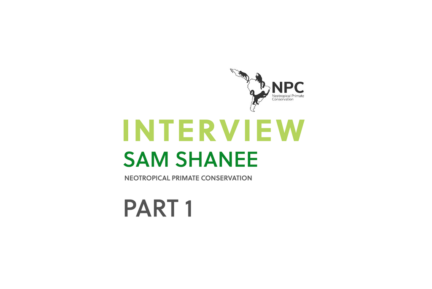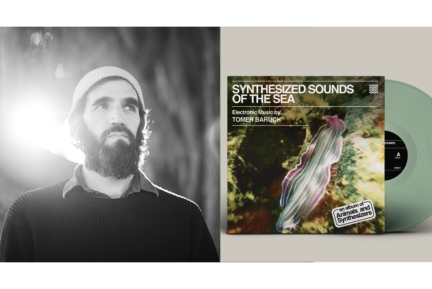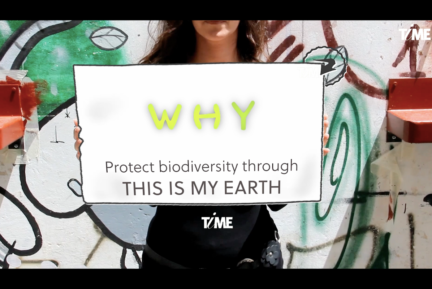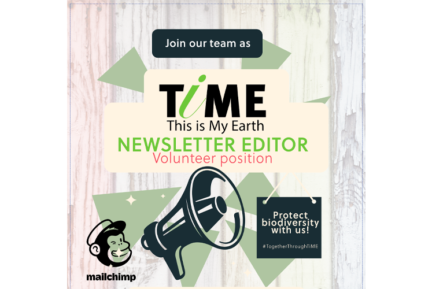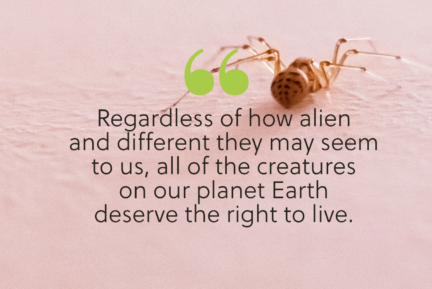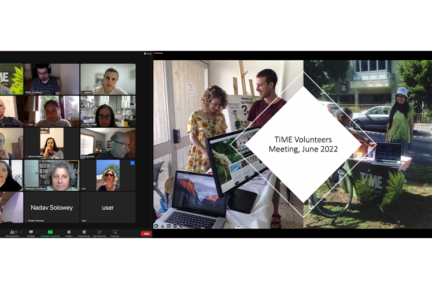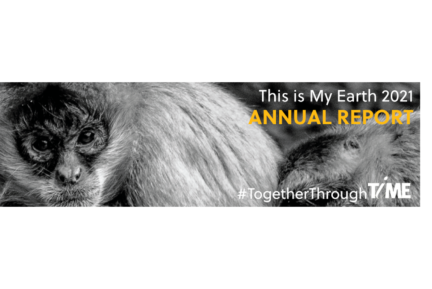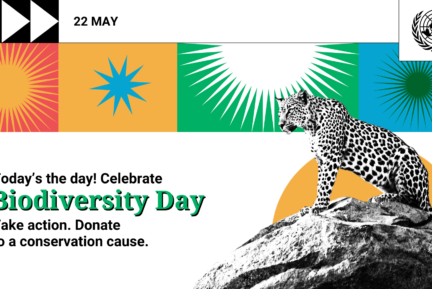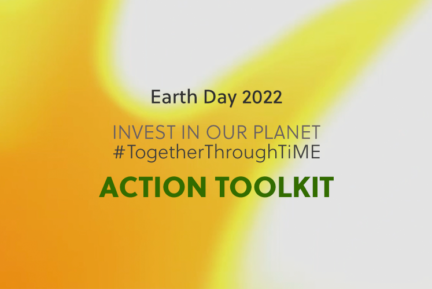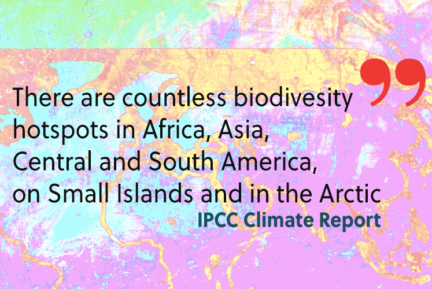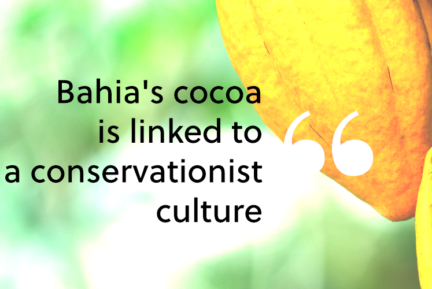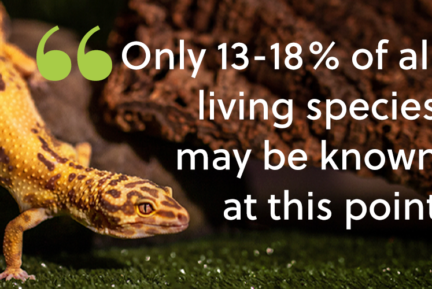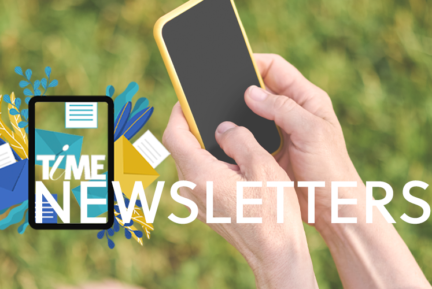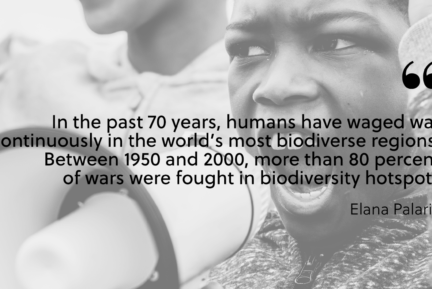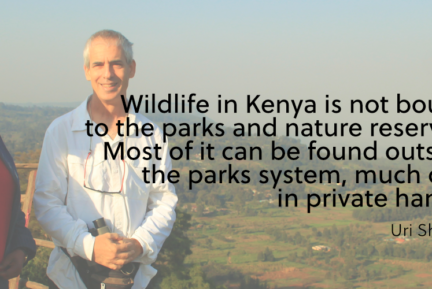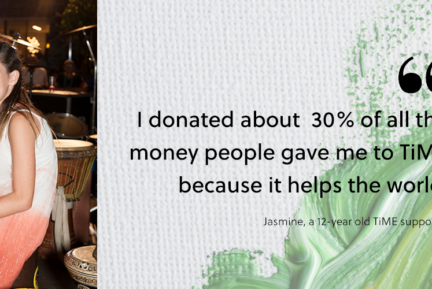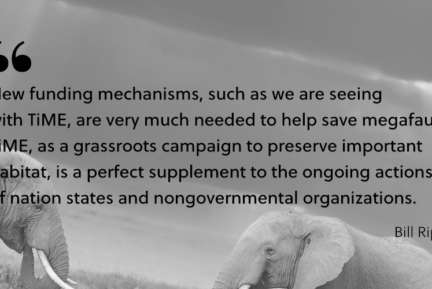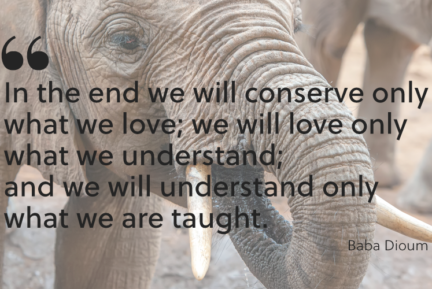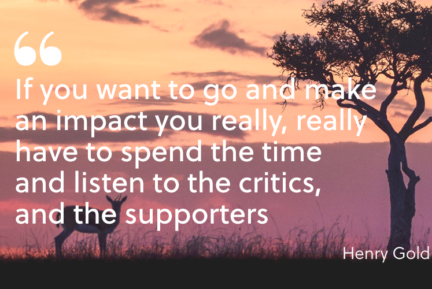For TiME’s February 2017 newsletter we interviewed board member Henry Gold, co-founder of Canadian Physician for Aid and Relief (CPAR)and TDA Global Cycling:
You worked in Africa for quite a few years. Can you tell us what kind of work you were doing?
I’m trained as an engineer, but in 1984 I quit engineering and joined forces with Mark Doidge, a young Canadian doctor, and we established a Canadian NGO called Canadian Physicians for Aid and Relief (CPAR). Our first project was in Eastern Sudan, running a health care centre in a refugee camp, and that very quickly expanded into an integrated development project in Ethiopia and other parts in Africa. We started from zero, and nine years later, by the time I left, CPAR was millions of dollars in eight countries.
Many of the projects would be started during some kind of crisis–famine, drought, civil war, environmental, or something of that sort–and the projects would continue for years and years…
You mean, beyond the immediate crisis?
Yes. You know, a crisis is like an emergency when you go to a hospital, and there’s an emergency doctor. Some NGOs are very good with that part, but if you break an arm and you leave the emergency room, the hard work just begins then. And that’s part of the problem with development: there is always funding available during emergencies and then it dissipates.
Anyway, after about nine years I burnt out, essentially from begging for money–the bigger the organization, the less fun it is for the top executive. The top executive deals with financial issues and doesn’t really get the satisfaction of working in the field. The organization is still around, still working in Africa, but I am really not involved anymore–except being invited to parties!
Interesting that you mentioned funding here. The plan with TiME is to keep it small, so that that 100 percent of the funds raised go to conservation projects, rather than the organization itself. Which brings me to ask about your involvement with TiME, what got you interested in this initiative?
I met Uri Shanas [TiME founder and co-CEO] when I went to Israel and got involved in environmental issues there. But as far as the interest in biodiversity, that pre-dates [my meeting with] Uri. I don’t have any [professional] background, but I’m an outdoorsy person and I got interested in it many, many years ago when I came across the whole concept of biodiversity hotspots. I have since been following the issue of biodiversity, and because of my work with my bicycle company [TDA Global Cycling], I travel all over the world.
Going back to the time you worked in Africa, are there things you feel you learned that can be useful for people going to work there? How do you engage with local organizations who are doing the work on the ground, and how you support their work?
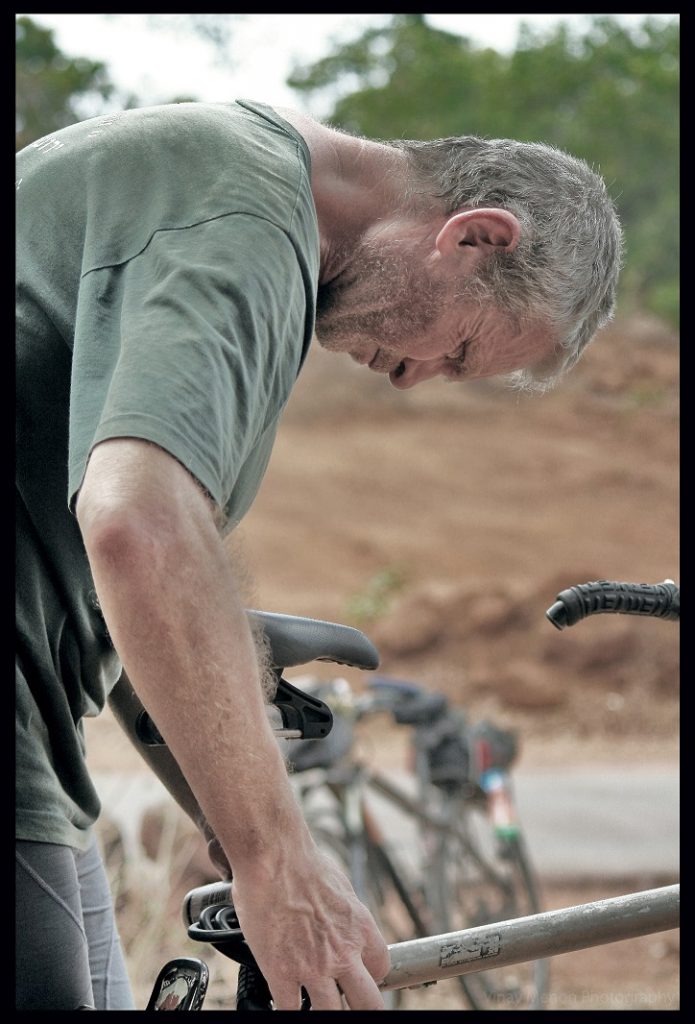
When you come to a new place, you have to listen very carefully, and not just to one person. Everyone has some sort of an interest in the area, in the project. What we did when we established a new project, or even when you come and take over a project, what we did is essentially to try and meet all the power brokers in the community. That can mean people you don’t like–maybe the police or the secret service, maybe the richest man in town–because any of them can easily sabotage what you’re trying to do. You have to create an alliance of sort, you have to make people comfortable. You have to respect them and you have to become their friend, or at least acquaintance, so they don’t mistrust what you’ve come to do.
A lot of people think that to get things done you need to be corrupt, you need to bribe people. I always found that if I spend time drinking and joking with people, becoming friends, [that’s how you connect]. So my number one advice to anyone is if you want to go and make an impact you really, really have to spend the time and listen to the critics, and the supporters. You then also learn what is the most important thing for them.
Finally, what do you feel makes TiME different from other conservation organizations? What makes it new?
The general rules TiME has set up: trying to run [the organization with] volunteers and trying to minimize the costs. For me, the expansion of the network [of people] that would be interested and will actually do something is also important. You know, a lot of people know things but are not active because either they don’t have the energy or they don’t know how to go about it. And I think TiME [can help with that]. To save the planet and the biodiversity on the planet, you need to put in a lot of effort and energy. So the fact that there is this group of people willing to do this, I welcome it, and I will do what I can do [to help].
If you’re looking to help save our planet and its biodiversity, consider making a donation to TiME and inviting your friends to join as well!
